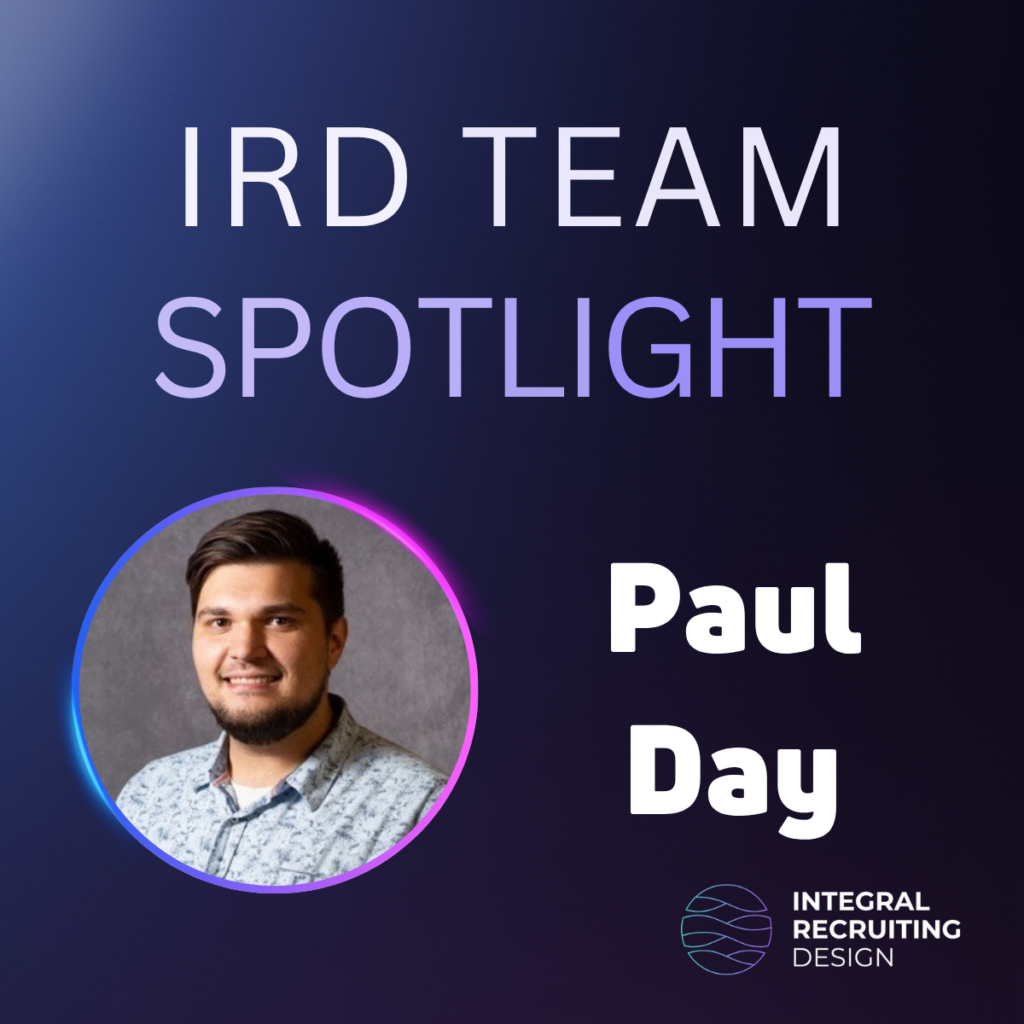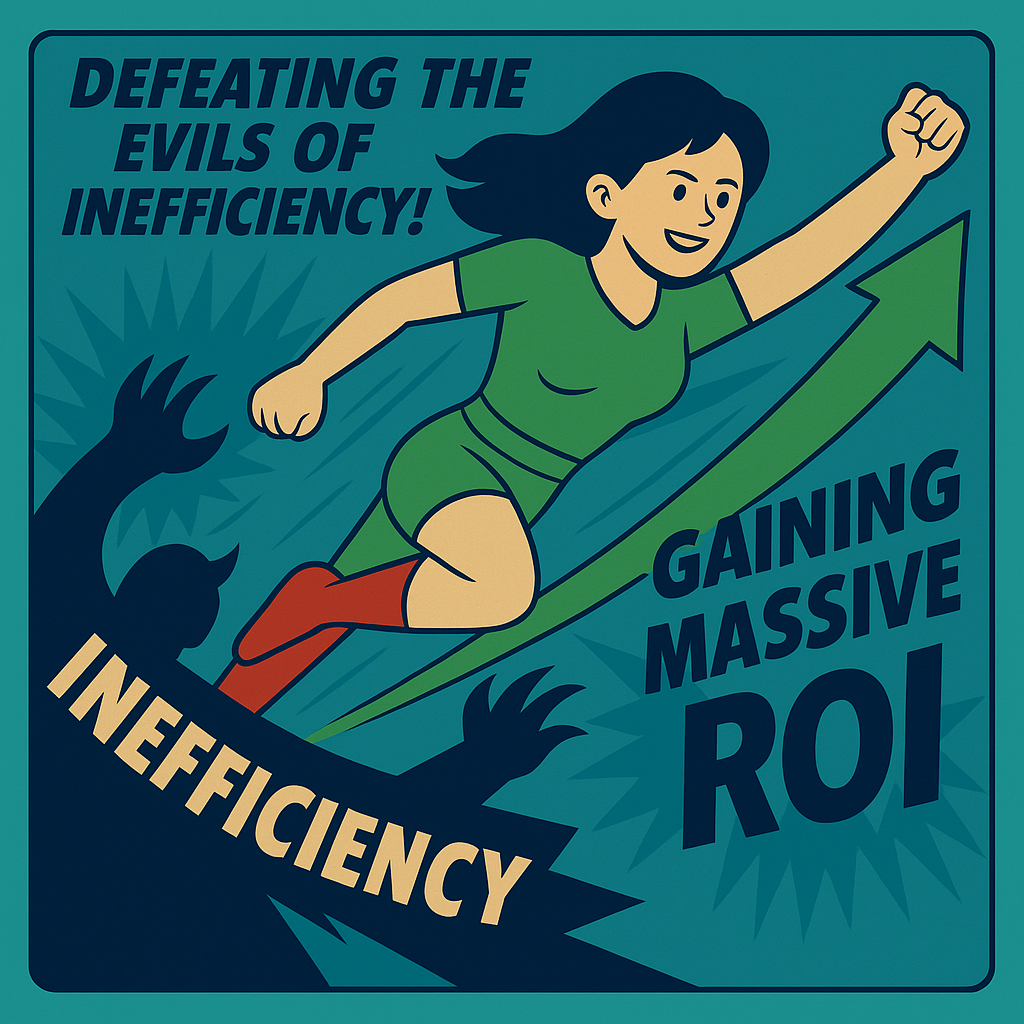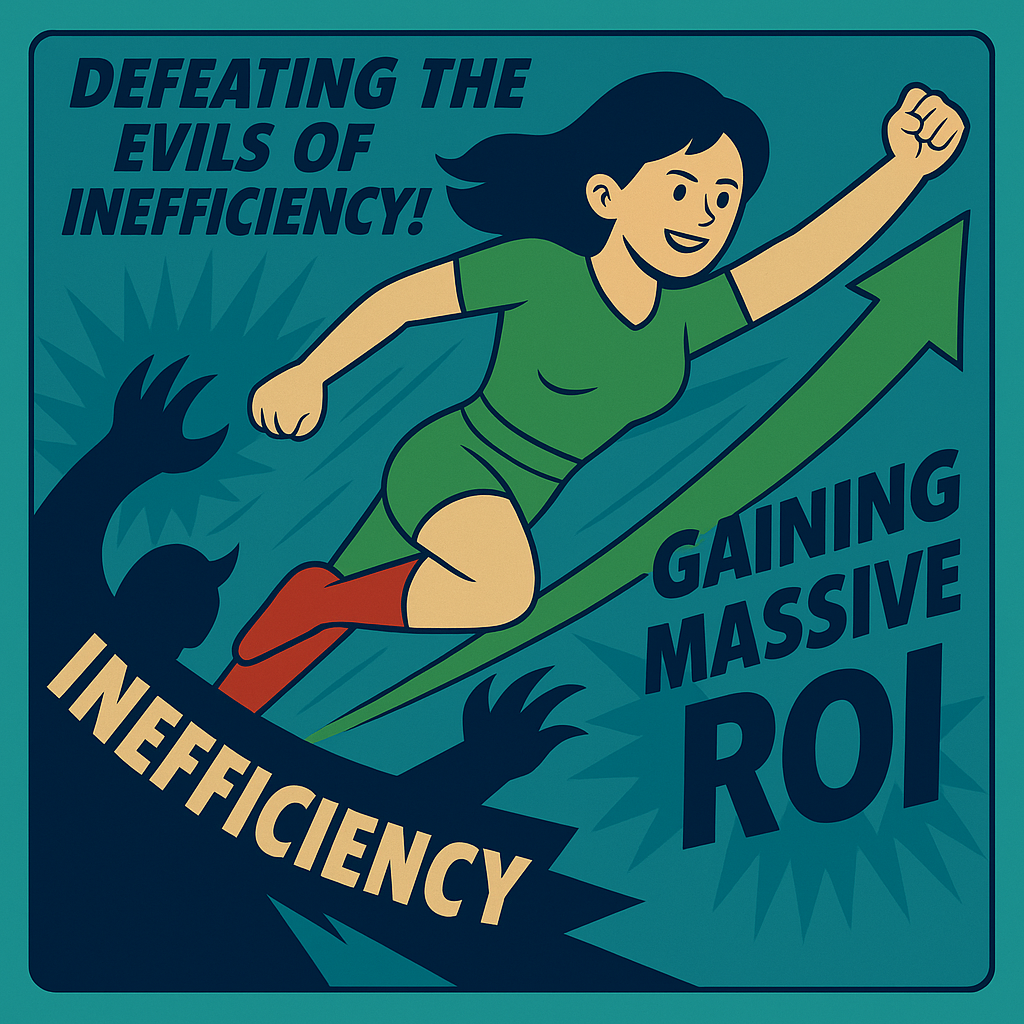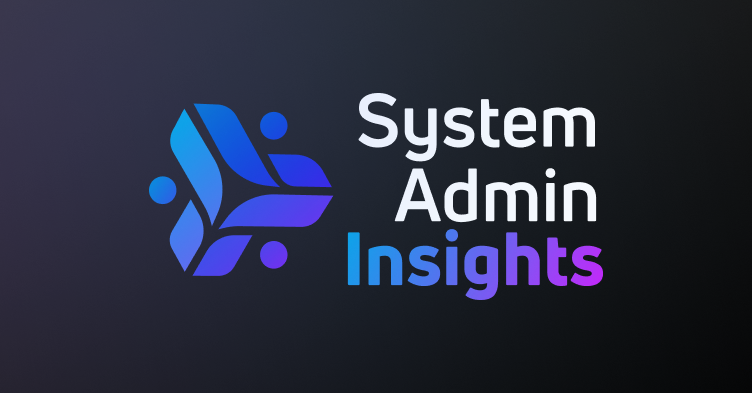Music, Empathy, and HR Systems: A Spotlight on Vivian Larsen
In a recent IRD Team Member Spotlight, I sat down with HR Technology Strategist Vivian Larsen for a candid, wide-ranging conversation. Spanning everything from her family’s musical legacy to the nuances of iCIMS optimization and HR system administration, Vivian’s story is a testament to resilience, curiosity, and the power of community.
We kick it off with an AI-generated rendition of our SAI Theme Song, based on the style of one of Vivian’s favorite bands, The Blue Stones. (Listen to the full song here.)
📽️ Watch the full conversation below:
Music as a Metaphor for Learning
Before diving into HR tech, Alex and Vivian shared their musical roots. Vivian’s family includes professional opera singers, touring rock musicians, and Juilliard-trained artists. Music, she said, “has always been this underlying, deep thing in my family.”
This thread of creativity shaped Vivian’s early perspective. Her training taught her to analyze everything under a microscope—a tendency that would later serve her well as a system admin.
Alex noted, “There’s something about the HR technology profession that attracts people like us—people who learned to figure things out by doing.”
The Accidental Admin: Falling Into HR Tech
Like many in HR technology, Vivian didn’t plan this career path. She began pre-med, switched to English, then moved into marketing and recruiting before finding herself in HR systems by necessity, not design.
“I was the accidental admin,” she explained. When a pharmaceutical company using 2XR (an iCIMS-like system) had no administrator, “they were like, your company sold this to us. We don’t know what to do with it. Here.”
Vivian’s unofficial tech education came by osmosis. “Everyone in my life around me does software development,” she said. “My husband’s an electrical engineer. A lot of his friends are coders. So the language is something I hear from an immersion perspective.”
Why HR Technology Feels Noisy
Reflecting on the last two decades in the industry, Vivian pointed out how the HR tech stack has grown increasingly complex.
“It was an ATS and a background check vendor. Then you added skills assessments. Then texting. Then CRM. Then interview tech.” As a result, many recruiting teams experience “systems fatigue.”
She compared it to driving: “I was perfectly happy driving around my Ford Fiesta. Why do I need a Lexus? They both get me from point A to point B.”
The burden on HR system administrators is real. “Every app you log into has something slightly different. That can get fatiguing.”
iCIMS Optimization: Keep It Simple
Vivian’s top advice for iCIMS system administrators? Don’t over-engineer the system.
“You do not need a workflow status for every single permutation of your process,” she warned. “Everybody sources. Everybody screens. Everybody interviews. Everybody offers. Everybody hires. There are five steps. That’s it.”
Too many custom statuses lead to poor reporting. “Leadership wants numbers,” she emphasized. “If you have 75 different ways to do the same thing, you’ll never get accurate data.”
Alex agreed: “That’s one of those core consulting skills—helping people see that their edge case doesn’t need a whole new process.”
Empathy as a Professional Superpower
A recurring theme in the conversation was empathy—for candidates, colleagues, and end users:
“In every one of the paradigm shifts I’ve lived through—from access databases to AI—the missing piece has been empathy for the human being who has to go through the change.”
Alex echoed this sentiment: “We’re always thinking about impact on the end user. Recruiters are people-people. Technology should support their human connection—not replace it.”
Community: The Missing Ingredient
Vivian credited her success to the people around her. “Community made it safe for me to learn. I could ask questions and not be concerned someone would dismiss me.”
That support continues to be critical in a world where system administrators are often thrown into the role without training or context. “So many of the iCIMS implementations I worked on started with: ‘I don’t know what I don’t know,’” she said. “That’s not a failing. That’s a cry for guidance.”
How to Learn HR Technology—For Real
For those just starting out as HR system administrators, Vivian recommended:
-
Take basic trainings in database maintenance and architecture.
-
Learn some analytics so you know what data your system needs.
-
Don’t go it alone—ask your most techie friend questions.
-
And yes, join SAI. “When I started, SAI didn’t exist. It’s exactly what I would have wanted.”
Empathy for the Candidate Experience
Technology has improved parts of the candidate experience—but created new challenges too. Vivian shared: “There are tools that auto-fill applications. But if everyone has the same eloquent AI-written resume, how do I find the real talent?”
The solution? Human connections. “Every time I’ve ever found a job, it’s been the old-fashioned way—through people.”
Advice for Leaders: Invest in Admins
Vivian emphasized that HR systems are high-risk software. “There is personal identifying information in these systems—socials, dates of birth, salaries. But many organizations don’t treat applicant tracking systems with the same care as other enterprise software.”
Unlike procurement or finance systems, HR platforms are often handed to someone with no systems background and no formal training. “You don’t see that in IT. Why does it happen so often in HR?”
The Power of Trust
Vivian shared one of her proudest career moments: rescuing an implementation that had stalled for two and a half years. She got the client live in seven weeks.
“The problem wasn’t the stakeholder,” she said. “It was that no one had been listening to her. I said, ‘Act like you’ve done nothing so far. Just tell me what you need.’”
That same stakeholder asked Vivian to lead their next implementation after their original platform was sunset. “That kind of trust—that’s the part of the job I’m proudest of.”
HR System Admins Need a Seat at the Table
The conversation ended with a call for greater recognition of HR system administrators as critical business partners.
“They’re not just clicking buttons,” Alex noted. “They’re translators between HR and IT, between software design and real-world recruiting.”
Vivian agreed: “When you lead with empathy, you can bring teams together. It’s not just about software—it’s about people, relationships, and shared purpose.”
Want more insights like these?
https://system-admin-insights.circle.so/c/icims-discussion/
